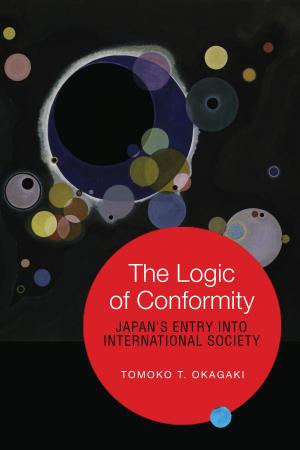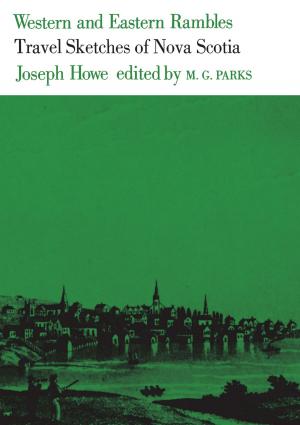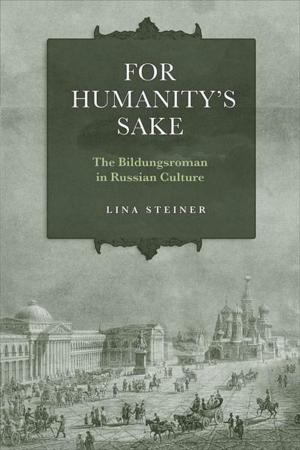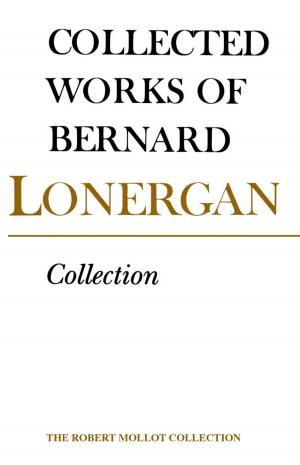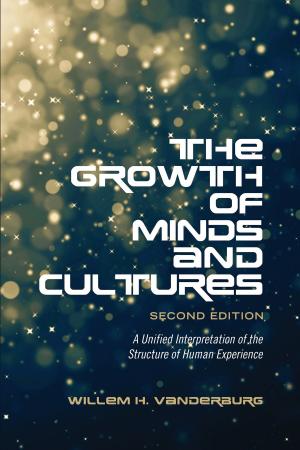Milanese Encounters
Public Space and Vision in Contemporary Urban Italy
Nonfiction, Science & Nature, Science, Earth Sciences, Geography, History, Italy, Social & Cultural Studies, Social Science, Sociology, Urban| Author: | Cristina Moretti | ISBN: | 9781442620735 |
| Publisher: | University of Toronto Press, Scholarly Publishing Division | Publication: | March 27, 2015 |
| Imprint: | Language: | English |
| Author: | Cristina Moretti |
| ISBN: | 9781442620735 |
| Publisher: | University of Toronto Press, Scholarly Publishing Division |
| Publication: | March 27, 2015 |
| Imprint: | |
| Language: | English |
In a city driven by fashion and design, visibility and invisibility are powerful forces. Milanese Encounters examines how the acts of looking, recognizing, and being seen reflect social relations and power structures in contemporary Milan.
Cristina Moretti’s ethnographic study reveals how the meanings of Milan’s public spaces shift as the city’s various inhabitants use, appropriate, and travel through them. Moretti’s extensive fieldwork covers international migrants, social justice organizations, and middle-class citizens groups in locations such as community centers, abandoned industrial areas, and central plazas and streets. Situated at the intersection of urban and visual anthropology, her work will challenge and inspire scholars in anthropology, urban studies, and other fields.
Contributing to studies of urban Italy, neoliberalism, and immigration, Milanese Encounters is a welcome demonstration of ethnography’s potential to analyse the connections and divisions created by complex modern cities.
In a city driven by fashion and design, visibility and invisibility are powerful forces. Milanese Encounters examines how the acts of looking, recognizing, and being seen reflect social relations and power structures in contemporary Milan.
Cristina Moretti’s ethnographic study reveals how the meanings of Milan’s public spaces shift as the city’s various inhabitants use, appropriate, and travel through them. Moretti’s extensive fieldwork covers international migrants, social justice organizations, and middle-class citizens groups in locations such as community centers, abandoned industrial areas, and central plazas and streets. Situated at the intersection of urban and visual anthropology, her work will challenge and inspire scholars in anthropology, urban studies, and other fields.
Contributing to studies of urban Italy, neoliberalism, and immigration, Milanese Encounters is a welcome demonstration of ethnography’s potential to analyse the connections and divisions created by complex modern cities.



